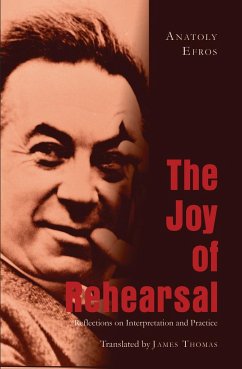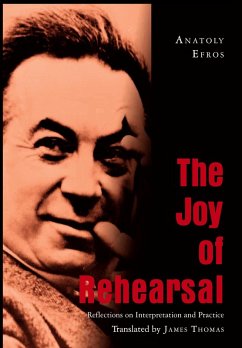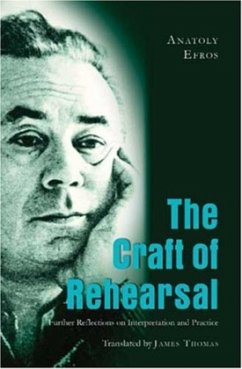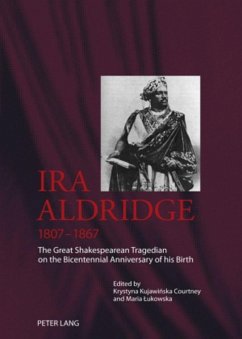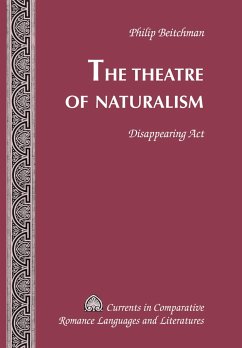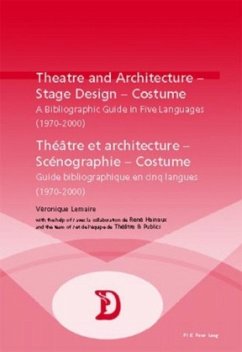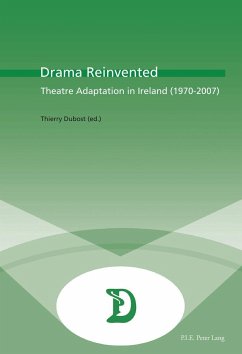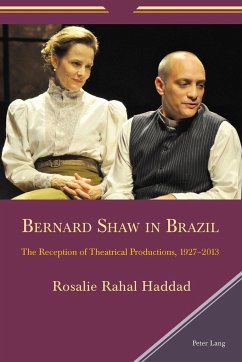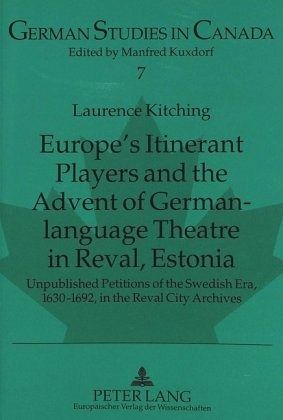
Europe's Itinerant Players and the Advent of German-language Theatre in Reval, Estonia
Unpublished Petitions of the Swedish Era, 1630-1692, in the Reval City Archives
Herausgegeben: Kuxdorf, Manfred
Versandkostenfrei!
Versandfertig in 6-10 Tagen
56,95 €
inkl. MwSt.

PAYBACK Punkte
0 °P sammeln!
This study investigates 17th century documents of itinerant European actors and puppeteers who travelled to eastern outposts of German culture on the Baltic, especially to Reval/Tallinn, Estonia. Their petitions, heritage, routes and repertory are discussed. The book is intended for Germanists, European theatre historians, Baltic German scholars, artistic directors of theatres, and the English-only reader. Centuries-old archival material appears here for the first time: itinerant players' German petitions from Reval's Archives are reproduced in photographs, transcribed and analysed. Maps, comp...
This study investigates 17th century documents of itinerant European actors and puppeteers who travelled to eastern outposts of German culture on the Baltic, especially to Reval/Tallinn, Estonia. Their petitions, heritage, routes and repertory are discussed. The book is intended for Germanists, European theatre historians, Baltic German scholars, artistic directors of theatres, and the English-only reader. Centuries-old archival material appears here for the first time: itinerant players' German petitions from Reval's Archives are reproduced in photographs, transcribed and analysed. Maps, comparative data of the players, and photographs of Reval's historical buildings are included. German transcriptions and English translations of the manuscripts provide valuable additions to the documentary history of the travelling stage. Discussion of the repertory includes a rare early 18th century playbill of a troupe called Die Hochteutschen Comoedianten who visited Mitau, Reval, Dorpat, Riga, and Stockholm. Aspects of Reval's cultural history during the Swedish era are discussed, giving colourful perspective to the itinerant players' theatre and the repertory tradition. Source materials in German and other languages and a bibliography about Baltic German history and the German theatre in Europe, especially Reval, are aids for further research about this long neglected topic. The reader is directed to many sources for studies in reception history in an essay by Tallinn's Kyra Robert in Appendix I. Comprehensive indices conclude the volume.



